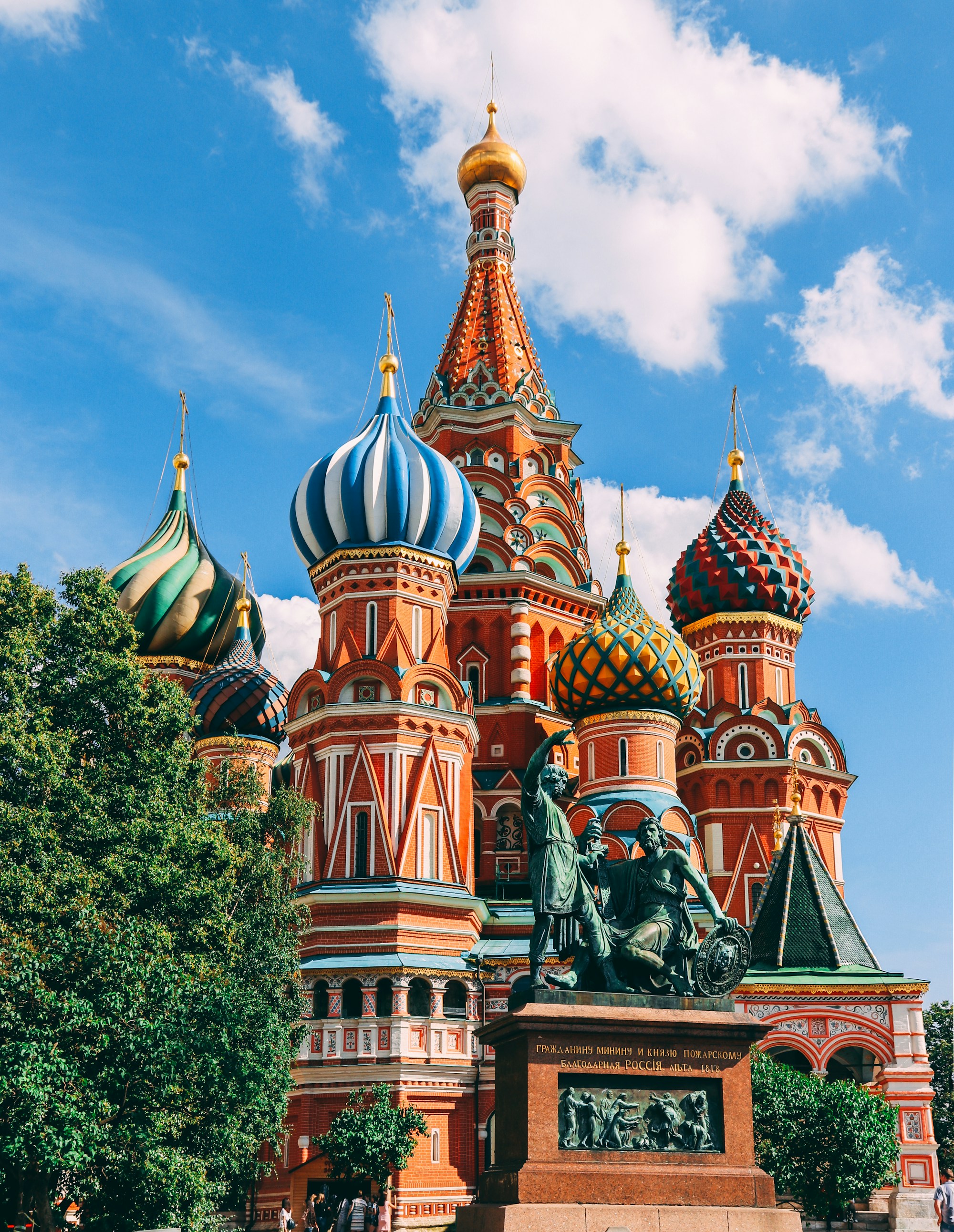Best Time to Visit Moscow: Weather & Seasons Guide

Best Time to Visit Moscow: Weather & Seasons Guide
If you are planning a trip to Moscow, it is essential to consider the weather and seasons to make the most of your visit. Moscow experiences a continental climate, characterized by cold winters and warm summers.
Spring (March - May)
Spring in Moscow is a beautiful time with milder temperatures and longer days. However, it can still be chilly, especially in March. You can expect temperatures ranging from -1°C (30°F) to 11°C (52°F) during this season. The city starts to come alive with blossoming flowers and vibrant colors.
March is generally cold, with occasional snowfall, while April and May witness a gradual transition to warmer weather. It is advisable to pack layers to adjust to the changing temperatures.
Summer (June - August)
The summer season in Moscow tends to be warm and pleasant, making it the peak tourist season. Temperatures range from 13°C (55°F) to 24°C (75°F). July is the hottest month, with temperatures occasionally soaring above 30°C (86°F).
During summer, you can enjoy longer days, with the sun setting well into the evening. This season is ideal for exploring the city's attractions and experiencing outdoor activities.
Fall (September - November)
Autumn in Moscow is characterized by mild temperatures that gradually decrease as the season progresses. September offers pleasant weather with temperatures between 8°C (46°F) and 14°C (57°F), making it an excellent time to visit.
As October and November arrive, temperatures drop rapidly, ranging from -2°C (28°F) to 5°C (41°F). The city showcases stunning fall foliage, creating a picturesque atmosphere.
Winter (December - February)
Winter in Moscow can be quite harsh, with freezing temperatures and heavy snowfall. Average temperatures range from -10°C (14°F) to -3°C (27°F). It is essential to dress warmly, with multiple layers and proper winter accessories.
If you can brave the cold, winter in Moscow has its own charm. The city is beautifully decorated with lights for the holiday season, and you can enjoy ice skating and other winter activities.
Monthly Weather Overview
| Month | Season | Humidity | Temperature (°C) | Sun (hours) | Rainfall (mm) |
|---|---|---|---|---|---|
| March | Spring | 75% | -1 to 4 | 4 | 36 |
| April | Spring | 71% | 4 to 11 | 5 | 36 |
| May | Spring | 69% | 9 to 17 | 7 | 47 |
| June | Summer | 73% | 13 to 21 | 8 | 66 |
| July | Summer | 72% | 15 to 24 | 8 | 78 |
| August | Summer | 77% | 13 to 23 | 7 | 69 |
| September | Fall | 79% | 8 to 14 | 5 | 51 |
| October | Fall | 81% | 2 to 8 | 3 | 62 |
| November | Fall | 84% | -2 to 2 | 2 | 58 |
| December | Winter | 85% | -6 to -2 | 1 | 47 |
| January | Winter | 85% | -9 to -5 | 2 | 41 |
| February | Winter | 83% | -9 to -5 | 3 | 36 |
It's important to note that Moscow experiences the most rainfall during the summer months, with July and August being the wettest. The city receives an average of 78mm of rainfall during these months. Winter months, on the other hand, are relatively drier.
Now that you have a better understanding of Moscow's weather and seasons, you can plan your visit accordingly. Whether you prefer the vibrant colors of spring, the warm days of summer, the picturesque autumn foliage, or the magical winter atmosphere, Moscow has something to offer throughout the year.
